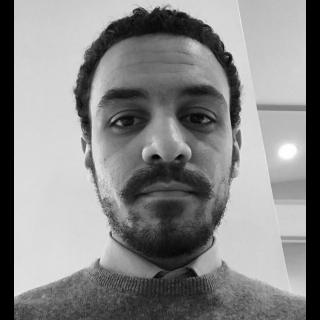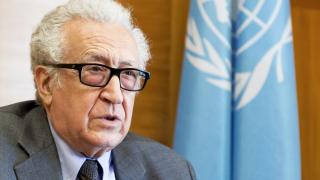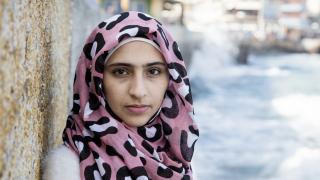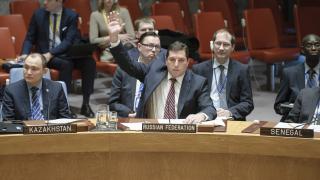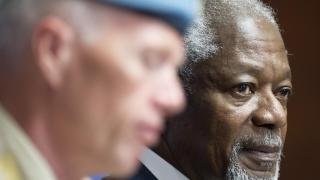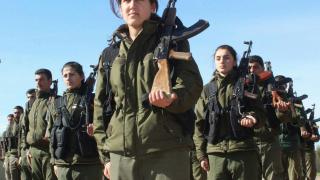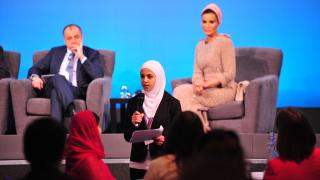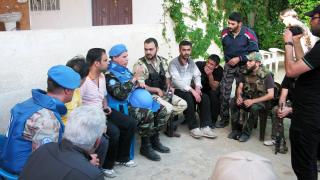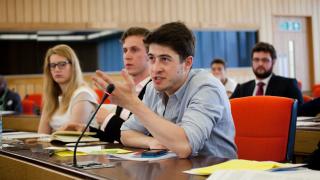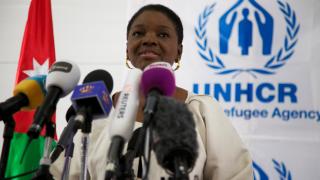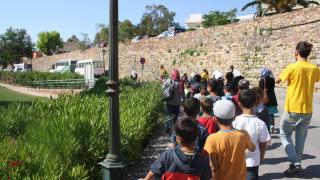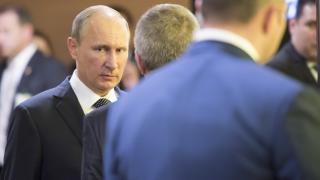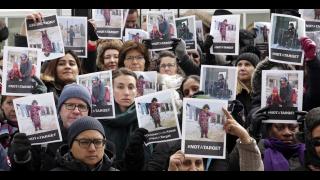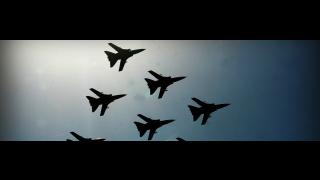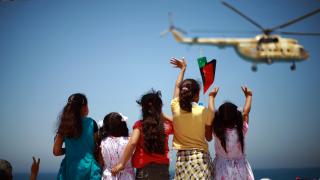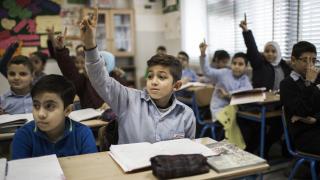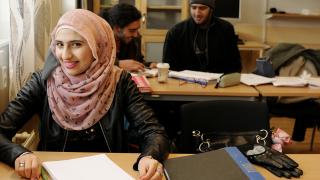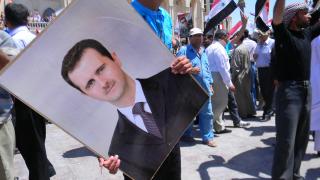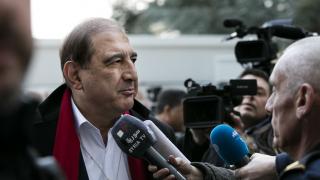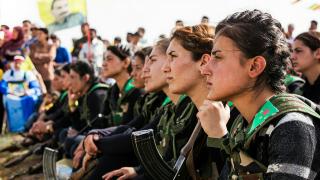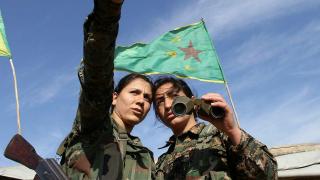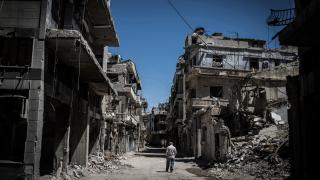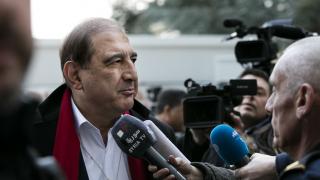
Reflecting on the colonial subject’s struggle for liberation in Culture and Imperialism, Edward Said remarked that, “because of the presence of the colonising outsider, the land is recoverable at first only through the imagination.” Beyond its particular context, Said’s passage conveys a more perennial truth—that human emancipation begins in thought. There is, perhaps, no other phenomenon in recent memory more suited to this narrative than the Syrian revolution. Indeed, the Syrian people rose up in defiance of Bashar al-Assad in 2011 because they aspired to concretise the social and political freedoms they initially experienced only in fantasy.
Often called “the heart of the revolution”, the small Damascene town of Daraya was one of the earliest victims of the regime’s wrath for daring to imagine Syria without Assad at its helm. Even amid the trauma of siege, bombardment, and starvation, the town’s nascent dissenters succeeded in democratically electing a local government, which helped establish schools, hospitals, a library and a canteen.
However, Daraya’s most ambitious accomplishment was certainly the founding of Enab Baladi—Syria’s first independent, online and in-print newspaper dedicated to chronicling the revolution. Incredibly, even after the regime recaptured Daraya and expelled its remaining inhabitants to Idlib in 2016, Enab Baladi continued to be published online—not simply as an homage to the town’s memory, but as a necessary investment in the ongoing struggle against the regime.
It is important to understand that, beyond the concrete fight Assad has waged in towns like Daraya, he is engaged in a more protracted battle surrounding the war’s narrative. With the assistance of his foreign allies, Assad has not only gained the prowess to conquer the battlefield, but also the capacity to spread brazen misinformation about the war, in order to delegitimise all other narratives except his own.
Specifically, the story of Daraya (and the revolution more generally) has been reduced to that of a Western conspiracy to arm foreign, 'Salafi-Wahhabi jihadists' seeking to topple the popular, legitimate government of Syria. The spread of this misinformation has been so successful that politicians, journalists, and academics from all shades of the political spectrum in the West are receptive to it.
Arguably the greatest benefit to the regime’s propaganda ploy is the lack of consistent, detailed, and verifiable facts, especially as it pertains to Syria’s elusive death toll. Unfortunately, when in 2014 the United Nations decided it could no longer record the number of deaths in Syria, it unwittingly supplied Assad’s misinformation campaign with ammunition. In the absence of such documentation, Assad and his allies have been able to more easily contort the war’s narrative in favour of their agenda, often by contesting accusations of war crimes and blaming the victims.
The townsfolk of Daraya understood this well, which is precisely why they founded Enab Baladi. As a publication dedicated to telling the story of Syria’s revolution through the eyes of those who first dreamt it (and who still strive to actualise it), it is not merely a direct challenge to the regime’s propaganda, but also serves as a guiding light for publications like my own, Muftah.
Since the earliest days of the uprising, the war in Syria has certainly become discouragingly complicated. What started as a peaceful protest movement is now an armed struggle against fascism for the right to life. Because the cumbersome nature of the war opens a space for misinformation to thrive, it is imperative that media outlets, like Muftah, cover Syria’s story with the same honest, people-centered, internationalist approach that Enab Baladi takes. When human lives are at stake, tackling misinformation is not simply a matter of journalistic integrity, but a moral obligation.
If emancipation begins in the imagination of Syria’s dreamers and dissenters, then in telling their story, we must be willing to imagine and dream with them, too.
Photo: Syrian opposition leader Qadri Jamil speaks to journalists as he arrives in Geneva for the renewed intra-Syrian talks. Copyright UN Photo/Anne-Laure Lechat

